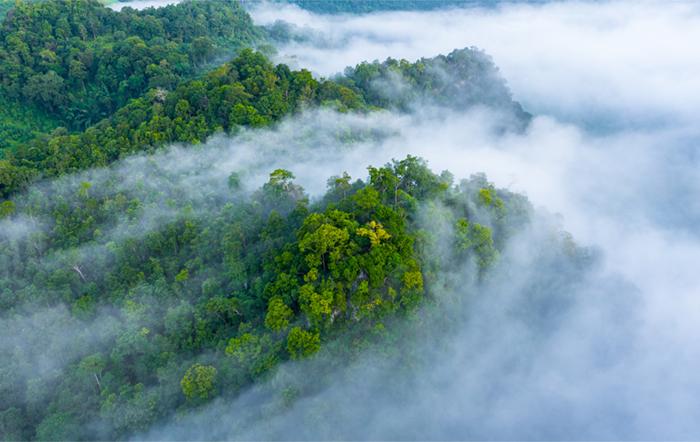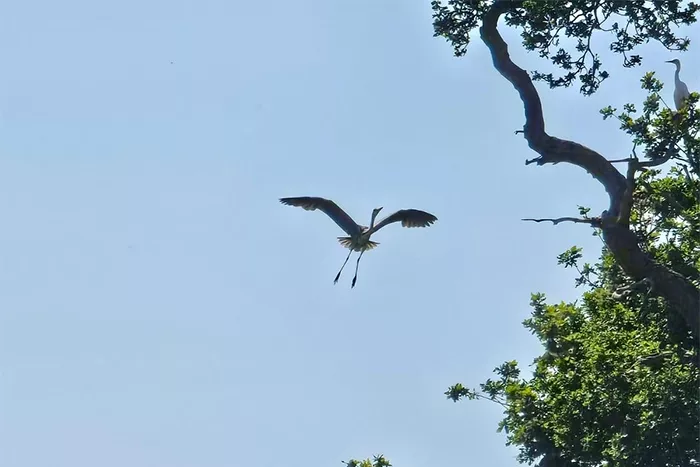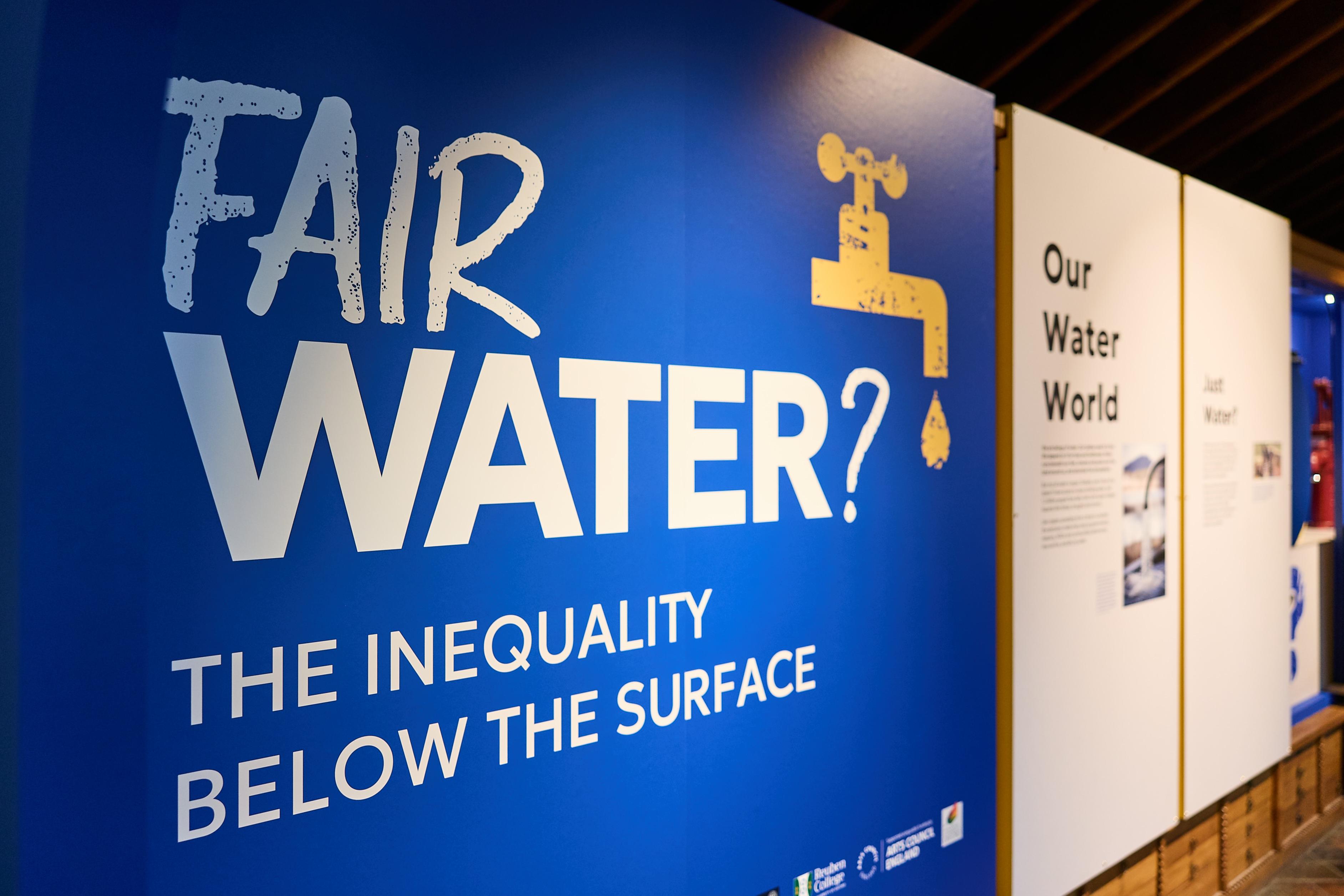The atmosphere’s growing thirst for water is making droughts more severe, even in places where rainfall has stayed the same. New research by Dr Solomon H. Gebrechorkos and Prof Simon Dadson et al in SoGE, published in Nature, finds that this “thirst” has made droughts 40% more severe across the globe.
News
Financial Times: Rise in coastal flooding poses threat to global economy
Jim Hall comments on a new study that finds coastal flooding is set to rise by about 50 per cent over the next 80 years and could threaten assets worth 20 per cent of global GDP. He cautions that the thorny questions of what standard coastal communities will need to be protected in future, and whether that is affordable, are not yet addressed.
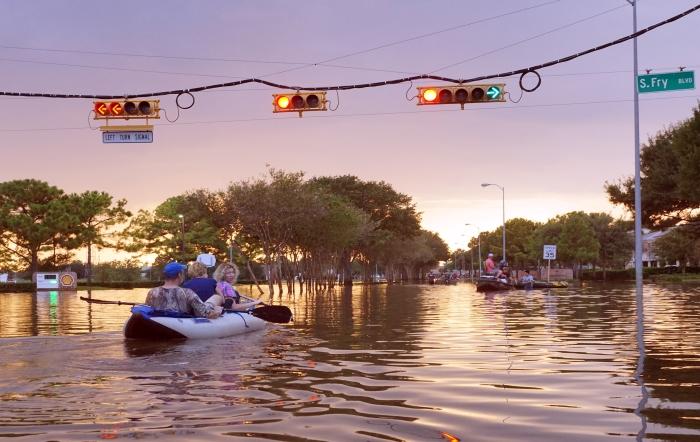
Five questions about Ethiopia's controversial Nile dam
The Grand Ethiopian Renaissance Dam - Africa's biggest hydropower project - has fuelled tensions with downstream nations for nearly a decade. Ethiopia's neighbours, including Egypt and Sudan, worry the dam will restrict vital water supplies. This article from AP includes comment from Dr Kevin Wheeler, who studies the dam and supports development in the region. [Extensive coverage elsewhere]
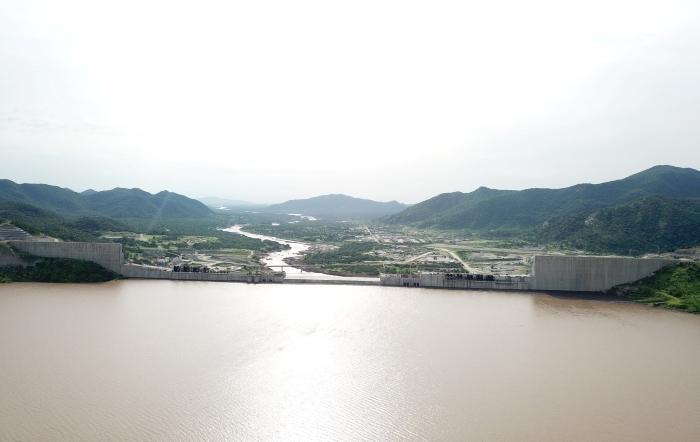
How Climate Science Moved Online
Due to the COVID-19 pandemic, the April 2020 meeting of the Intergovernmental Panel on Climate Change was held online for this first time. Lisa Schipper, social scientist at the ECI and coordinating author of an IPCC report chapter about climate resilient development options, spoke to NPR about the challenges associated with working from home, particularly for female researchers.

Scientists and environmental groups 'alarmed' by huge rise in Amazon wildfires
New data from Brazil's space research agency INPE has revealed that there were 28 percent more fires in the Amazon rainforest this July compared with the same time last year. Commenting on this study for NBC news, ecosystems researcher Erika Berenguer said that since July is just the start of the usual burning season, the rest of the season is likely to very intense. [Extensive coverage elsewhere]
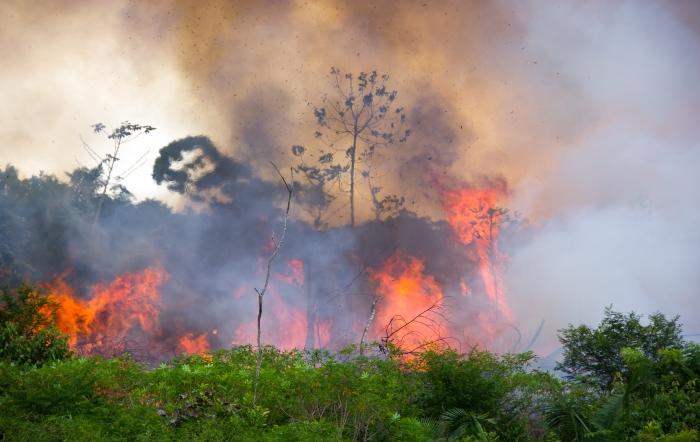
A view on climate change from the treetops of Western Africa
The tropical forest canopy is one of the Earth's underexplored frontiers. To understand how these unique environments respond to climate change a team from the Ecosystems Lab at the University of Oxford and partner institutes in Ghana gathered evidence from the treetops, finding drier forests are at greater risk. This University of Oxford science blog post explores what it's like to do research and fieldwork in this unique part of the world.
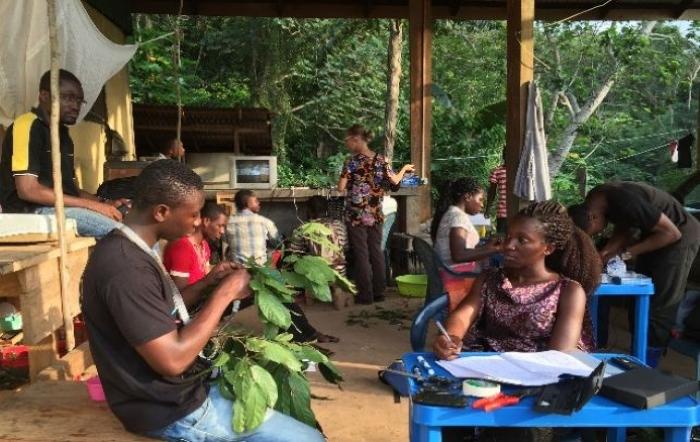
Dry tropical forests may be more at risk than wet rainforests
Dry tropical forests are more vulnerable to the impacts of global warming than had been thought, according to new research from ECI's Ecosystems group, with wildlife and plants at severe risk of harm from human impacts. A new study, published in Nature Communications, found that areas with a drier climate have seen greater loss of biodiversity from global warming, the Guardian reports.

That Siberian Heat Wave? Yes, Climate Change Was a Big Factor
2020's record-breaking 38 degree heatwave in Siberia would have been all but impossible without human influence on climate change, reports the New York Times. Dr Friederike Otto and the World Weather Attribution team found that global warming made this year's long hot spell 600 times more likely. [Extensive media coverage included BBC, CNN, Guardian, Economist, FT, Washington Post, Daily Mail, Metro UK, USA Today]
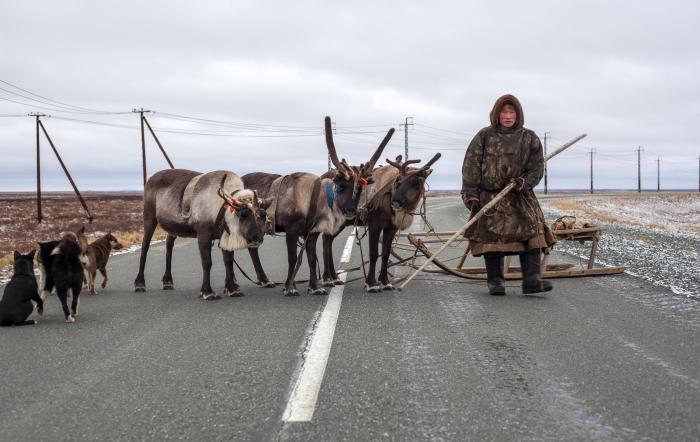
What's in a name? Belonging!
Dr Juan Pablo Orjuela has been working with low-income women in Itagüí, part of the Medellin metropolitan area (Colombia), but COVID-19 has brought new challenges on how to engage with communities in the midst of lockdown measures. Read his blog entry on the PEAKUrban website on how the co-creation of a group name and image has helped in the process.
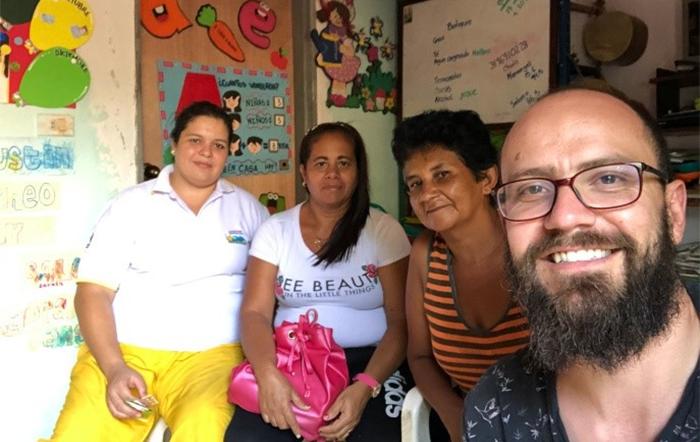
Why Africa's heatwaves are a forgotten impact of climate change
Recent summers have demonstrated dramatically that heatwaves are not only deadly, but they are already being influenced by human-induced climate change. In this guest post for Carbon Brief, Luke Harrington and Friederike Otto explain why extreme heat events in sub-Saharan Africa are not routinely monitored, meaning that heat-related deaths are chronically underreported - putting even more people in danger.

Al Gore joins GOTO Climate Action Summit
Al Gore, the Former US Vice President, was the keynote speaker at the Oxford MBA Global Opportunities and Threats (GOTO) programme Climate Summit. In 2020 GOTO was co-led by Aoife Brophy Haney, lecturer in Innovation and Enterprise at the Smith School, and focused on the theme of climate action. The keynote lecture recording and transcript are available online.



